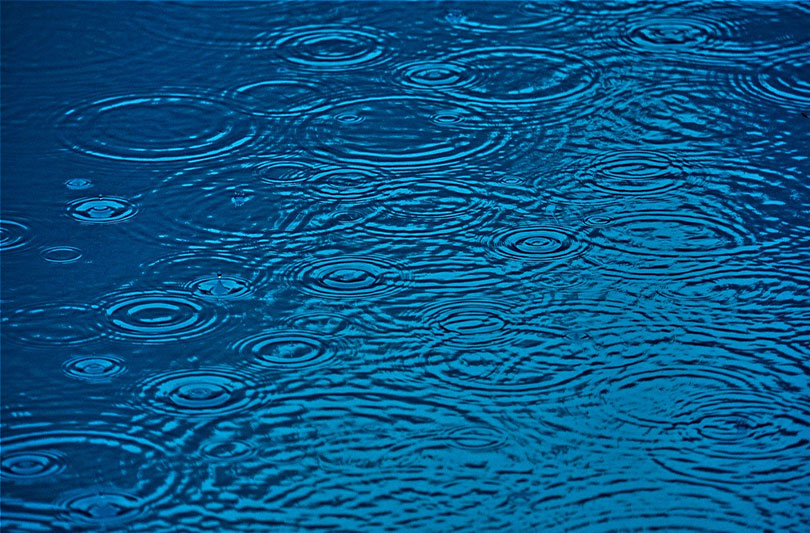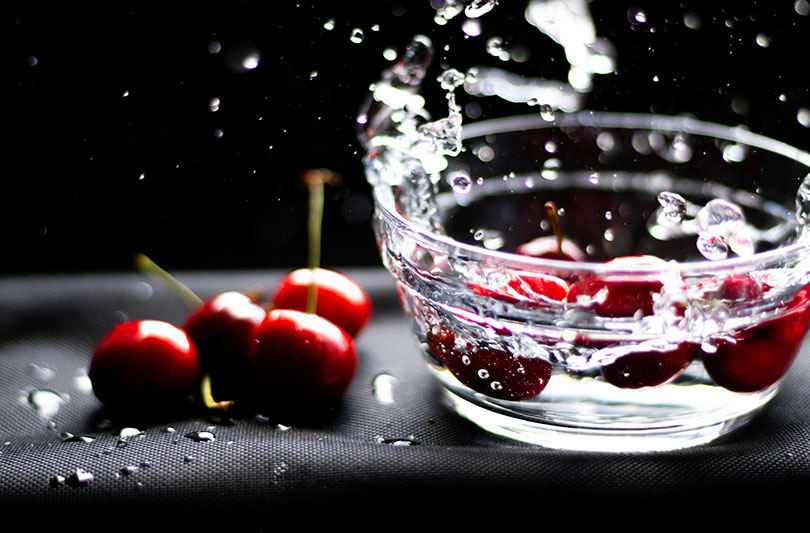If your understanding of pH values is limited to childhood experiments with litmus paper and types of garden compost, you might be surprised to learn that, just as some plants prefer acid soil, there is a best pH level for human drinking water. Put simply, pH is a measurement of how acid or alkaline a substance is.
For example, blood has a fairly neutral pH level – around 7, lemon juice is acidic – around 2 and bleach is alkaline – around 13. If your tap water is too acid, it can be unpleasant to drink and cause problems with pipes and plumbing. We take a further look at just how important the ph of water is.
What is the pH level of pure water?
You’re unlikely to find a natural watercourse with a neutral pH level of 7. Water takes on chemicals as it travels through rock and plants, even through the air. The pH of water that has fallen as rain is just below neutral, in other words rain is slightly acidic. One way to obtain pure water would be to distil it (turning it into steam then back into water again) but this would be really tricky to do in sensible quantities at home. By far the best way to remove acid levels from water is to install a water filter.
The pH level of tap water
In the UK water regulations state that tap water pH should be between 6.5 and 9.5. The pH of water coming into treatment plants varies from region to region according to geology and a few other factors. Water that is more acidic is likely to contain metal ions including copper, lead, zinc, iron and manganese. If you’ve ever noticed blue or green stains around your taps, it’s likely you would benefit from a higher pH water i.e. one that is more alkaline.

The pH level of hard water
The hardness and pH of water are different properties but they are closely linked and often affected by location. Hard water has certain minerals dissolved in it including calcium and magnesium. These can have an effect on any acids present in the water and hold the pH level higher. This means if you live in an area of hard water, pH is usually higher i.e. the water is alkaline. Water is classified as hard when its pH level is above 8.5.
Getting the pH levels right
Ensuring the water in your home has a near neutral pH level will help you avoid a number of frustrating issues and enjoy the taste of your water far more. By testing your tap water and fitting an appropriate filter, you can ensure you have a healthy water supply that suits all of your family, keeps your surfaces sparkling and looks after your appliances and plumbing. The disadvantages of acid water and the benefits of alkaline water below will help you understand how a water filter might be able to help you.

The disadvantages of acid water
- With its lower pH value, acid water contains more metals than hard water. If you’re concerned about what your body takes in, you may prefer water with a higher pH value and less dissolved metals
- There are suggestions that ingesting these metals can be associated with certain health risks. The science to corroborate these suggestions is as yet not available
- Because it absorbs metals, acid water can cause corrosion and damage to your plumbing and appliances
- The metals leached into acid water can leave unpleasant blue or green staining on your surfaces
- Slow corrosion from acid water can cause unexpected damage, and necessitate expensive repairs
The benefits of alkaline water
- Alkaline water can be less damaging to the metals in your plumbing and appliances than acid water. This means that fitting a filter to lower the pH value of your water may save you money in the long run
- There are many claims for the health benefits of alkaline water and it’s even become popular in bottled form. There can be no doubt that water is by far the healthiest drink but your stomach, kidneys and even your lungs do a good job of balancing your inner pH levels

How to make water alkaline
One solution to the problems associated with acidic water is to make your water more alkaline. You probably have items in your store cupboard that can do this; for example baking powder. If you’ve ever tasted baking powder however, you’ll know this is not a happy-tasting solution to acidic water. It would also be impossible to manage for your whole building.
By far the most effective way to ensure a balanced pH level for your home or business is to fit a water filter. The type of water filter you choose will depend on the current acidity or alkalinity of your water, and we recommend seeking the advice of experts. Water filters work by preventing metals such as lead, zinc, copper and iron from entering your water system. Many people report better tasting water and fewer problems with cleaning once a filter has been fitted.
Free no-obligation quote
For expert advice on water acidity including water pH level testing, get in touch with our team today. We’ve been in the water business since 1999 and can advise you on the best systems for your domestic or business situation. Our specialists will be happy to answer all your questions about alkaline water and water filters. We offer competitive pricing on a range of filters, and can also provide extensive installation, servicing and repair.
- Water Softener Size Guide: How to Select the Perfect Fit for Your Home or Business - February 25, 2025
- Under Sink vs Whole House Water Filters: The Complete Homeowner’s Guide - November 27, 2024
- 7 Surprising Ways Water Softeners Transform Your Skin: Unveiling the Secret to Radiant Complexion - July 17, 2024

